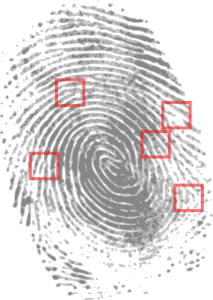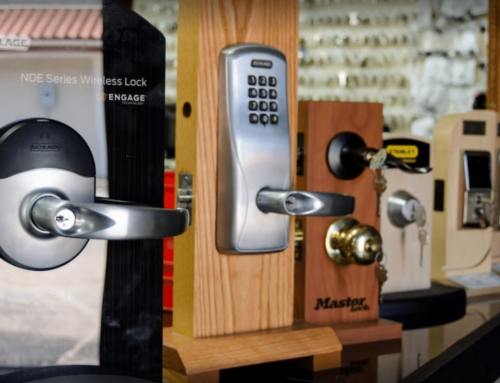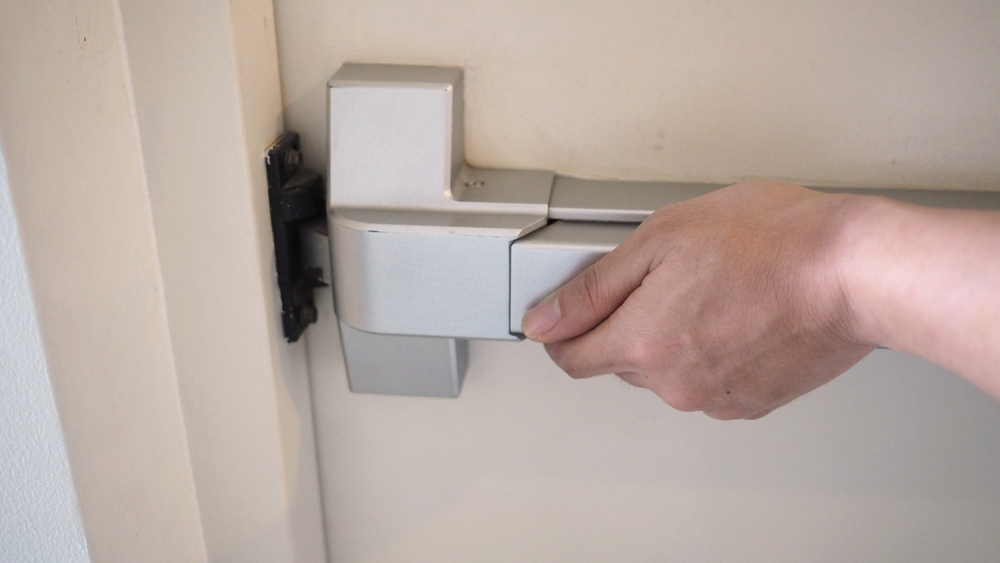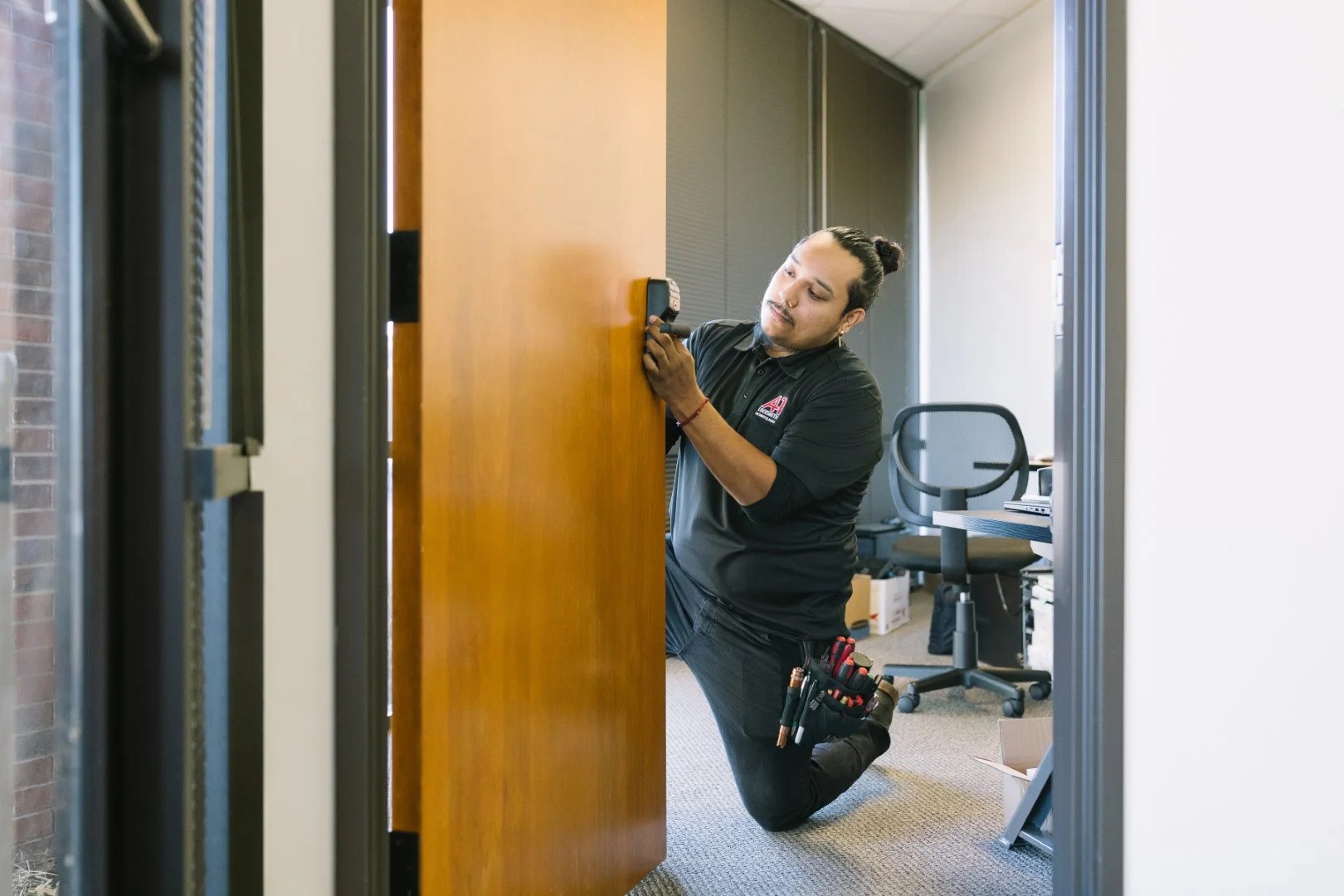Once considered nothing more than a futuristic fairytale, biometric locks are now a modern-day commodity throughout the United States, providing home and business owners with another form of keyless entry. These locks allow users to lock and unlock doors in their home or business without fumbling around with a pair of keys in their pockets, or even a fob to swipe on the door.
Of course, many see biometric locks as a staple of the future, and one that will help replace the necessity of carrying a set of keys. But do these biometric locks offer the same security as traditional key locks? Or do they comprise a recent fad that simply fails to provide the same safety as a lock and key?
What Are Biometric Locks?

And some even come with alarm systems that warn of intruders who may be attempting to break the device in order to gain entry to the premises. This does, in fact, provide an extra sense of security not readily available with traditional key locks.
Are There Any Possible Drawbacks of Biometric Locks?
There are visible benefits of utilizing a biometric lock. To be sure, it allows for the individual to gain access to his or her home or business using nothing but a fingerprint scanner, and, in turn, prevents others from breaking in.
But are there specific drawbacks of biometric locks that could potentially put you at risk? Perhaps the most significant downside to biometric locks will emerge if the home or business owner has an injury on the tip of the finger used to open the lock. While the lock may open if it recognizes the specific fingertip, it may fail to do so if the fingerprint is altered at all due to an injury, ranging from a small slice to a serious burn. In this case, the individual would be unable to utilize the fingerprint scanner until his or her wound healed completely; or, he or she could take the time to reprogram it altogether.
However, even in this case the home or business owner could still likely access the premises, as biometric locks may also come outfitted with traditional key locks or number pads as well designed to aid in this specific situation.
Do You Have Questions About Biometric Locks?
The decision to install biometric locks on your home or business should be considered carefully with the help of a professional. If you have questions about biometric locks and how they could benefit you, please reach out to the locksmiths at A-1 Locksmith today to learn how we can be of assistance.















